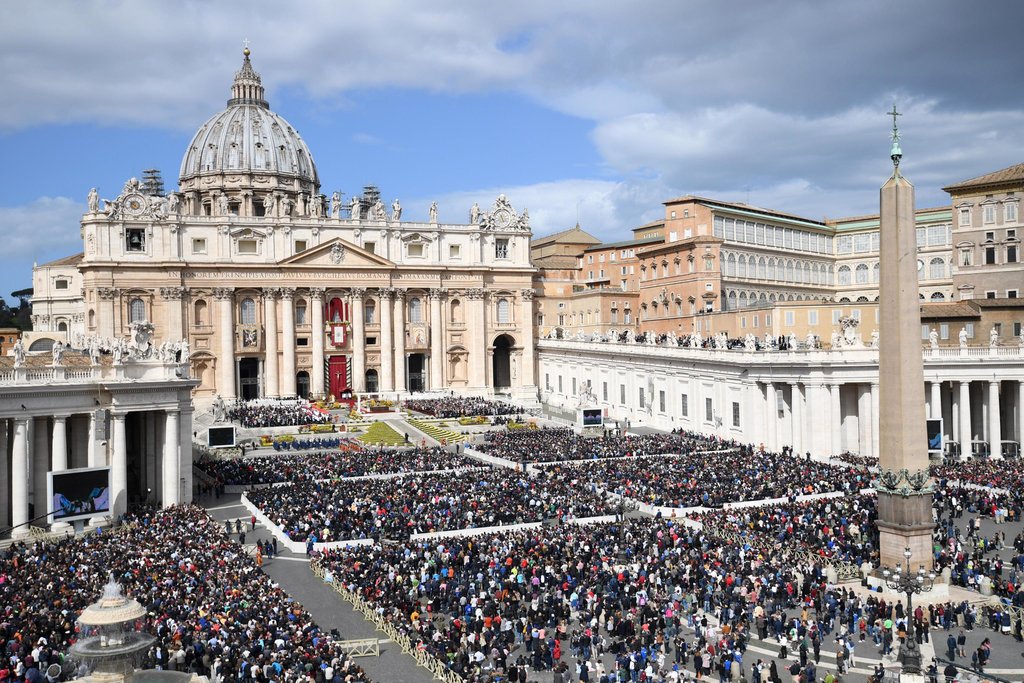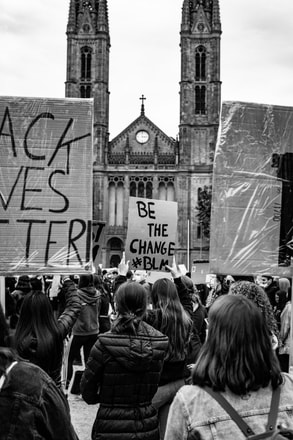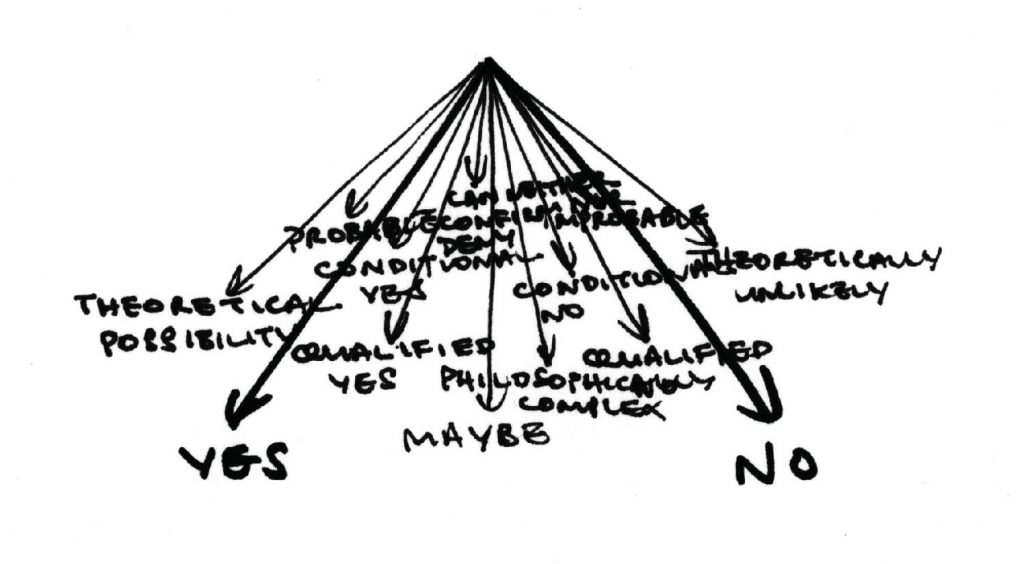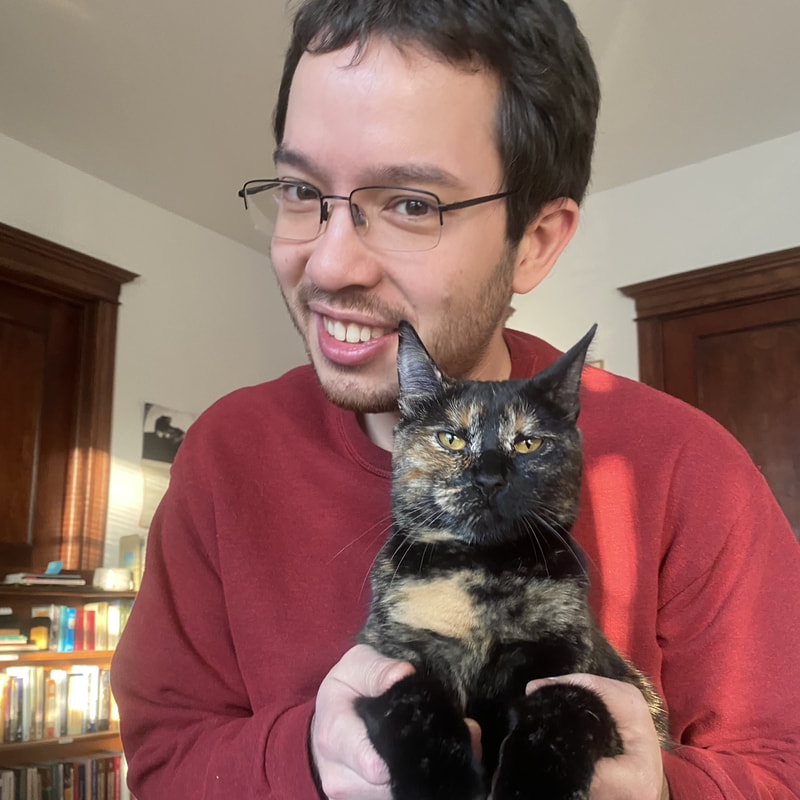“Call To Action would like to dispense with implications and say it clearly: the hierarchical Catholic Church is a frequent force for white supremacy, as well as patriarchy, authoritarianism, hypocrisy, and reactionary conservatism. Sojourners and Jim Wallis in particular caved to the pressure of the bishops who lead this Church. Published by Call To Action, a national Catholic reform organization.  A church or the Church? (image: Alessandro Di Meo/EPA, via Shutterstock) A couple nights ago, a Re/Generator from last year started a vital conversation on Facebook: “I’m having a bad Catholicism day – mad at the church… Why stay (whatever staying means to you)?” Let me first answer two meanings of this question, and so belatedly introduce myself on this blog. For one, why do I stay in the Church? Actually, I don’t. Like many of us here in CTA, I tried to stay at a parish. And I couldn’t — ask my therapist. So I have joined a mainline Protestant congregation. (It’s great. I recommend it.) For another, why do I stay Catholic? Because for me, it’s at the heart of what it is to be part of my family, literally, starting with my parents. I learned this in therapy. (It’s great. I recommend it.) So I stay for the people but not the institution. Or that institution. For, my work in Re/Generation, CTA, and perhaps life, is actually institution-building. The institution I am helping (re-)build now is Chicago’s CTA chapter. And I mean for this and possible future fundraising work to build CTA. And, I mean for this to build the Church, and moreover, in that very act, to reform the Church. BUT LET me actually talk about us, rather than myself. (It’s easier!) Let me offer a way for us — starting with you — to be part of this reform — starting now, for free. You see, I believe that CTA can reform the Church even before it reforms the hierarchy’s institution. To do this, I want us, very basically, to talk about the Church differently. HPherald.com
To the Editor: Where, in the 800 words Derek Douglas took in 2/13’s Herald, does he provide a word of evidence for his claim, that “Alex [Goldenberg] makes inaccurate claims” in his interview in 1/29’s Herald? Douglas leads the University of Chicago’s civic engagement. Goldenberg had told the Herald, “A lot of African Americans are employed by the University,” yet ”investing in workforce development writ large is something that they’re not doing.” Goldenberg specified that with all its building, the University could get “more people of color into [building] trades” — a need for which the Obamas have donated personally, in preparation for building their presidential center. “How is it that the University of Chicago, with its immense development resources, isn’t able to at least match that?” Tellingly, Douglas expounds on seemingly everything but Goldenberg’s concern… from minority-owned businesses for construction, to local hiring, to charter schools, to some of the very benefits Goldenberg helped force on the University, like a trauma center. But what about workforce development, so that more of all these Black neighbors the University has working for it can get more than minimum wages? All I can find through Douglas’s letter is a conclusion from the article he protests. Here again, “the U. of C. is not operating in good faith.” Rather, if the University does good, it is because we call it out. Letter in the opinion section. Chicago.SunTimes.com/opinion
At a recent community forum, the Obama Foundation’s chief engagement officer declared, “We can’t let cynicism turn into fake news.” He was referring to an effort to compel the private foundation to agree to a “Community Benefits (Agreement) Ordinance,” so as to protect against residential displacement by the Obama Presidential Center. At another forum last week, nine candidates for alderman of the 20th Ward said they supported the ordinance. The ward is adjacent to the site of the Obama Center. Hurting from the actions of President Trump, no one wants to be a pain for former President Barack Obama. Yet healing will not come from more “Trumpism” — rebuffing opposing views as fake news. That is cynicism. No, healing will come from doubling down on Obama’s own ideals, which is to defend tough voices of criticism, distinguishing them from empty voices. Dominic Surya, Woodlawn At University Church's Sunday service
Good morning, church. I’m Dominic. And today for our Affirmation of Faith, I’ll reflect on stewardship -- by which I mean certainly time and talent. But first I want to talk about treasure. Money. Now I’m weird in that I love to talk about money. Our tireless, talented, outgoing church treasurer, said I was the first person to join in 20 years and WANT, ASK to get involved in church finances. What’s wrong with me? Well, as with most things, I blame it on my mother. For one thing, she chairs the parish finance council back home. Speaking of home: I’m from Holland, Michigan. You might have heard of us thanks to my dear neighbor Betsy. If you follow my Michigan home's creek half a mile, you get to a house of hers, which you may have seen on social media -- a window-laden mansion monstrosity almost as grotesque as the capitalism that enabled it. Oh, and Betsy is a DeVos, and Trump’s education secretary. So I get why we don’t like to look at money. But as with racism, sexism, and all the rest, it strikes me that capitalism’s ugliness is also its strategy, and that to beat capitalism, we will have to stare it down. Not just in its McMansion absurdity, but in our lives, and in our church. Hi everyone, I’m Dominic. I’m delighted to get to testify today because I lately just know UVC through small groups. See, I’m a Roman Catholic. Not a recovering Catholic and also not a content Catholic, but a Catholic nonetheless. So I was amused to see in Pastor Emily’s testimony directions, “Don't diss directly on other churches… don't say things like ‘Roman Catholics don't understand.’ ”
Well, today I would like to testify about two things I as a Roman Catholic don’t understand, namely, “How do you small group,” and Jesus. See, for me most naturally, church and God are big and powerful. They are Sunday masses and church boards. They are God, the Father, the Almighty, creator of Heaven and Earth. For me most naturally, they are not intimate gatherings or this brilliant nutcase of a friend we have in Jesus. As gift, I’m inviting donations to the Women’s Ordination Conference, for Catholic female priests/bishops and reformed Church structure.
I am prompted by sex abuse and its cover-up -- by the exclusively male Catholic hierarchy, but also, by all of us who give that hierarchy its power. By “all,” I mean Catholic and not, progressive and conservative, me and you. That hierarchy is the only one we imagine to represent/run the Church. Consequently, I have found, that hierarchy is the only one we invest in -- e.g., the only one society acknowledges as Catholic, and the only one Catholics fund. Not least, when that hierarchy says only men can be priests, we tend to think that they are (however unfortunately) accurate, ignoring (however few) women who have dared to be ordained. We thus inhibit women’s ordination throughout the Church. We can change that, and we can change that starting today. Thesis for the BA in Religious Studies from the University of Chicago Divinity School
Abstract Gender relates to many of the concerns—from gay marriage to women’s roles—around which emerging-adult American Catholics differ with their hierarchy. Ministers on college campuses responding to such concerns, and to widespread exit from the Church, often propose responding pastorally (in personal terms), and distinctly, responding doctrinally (in political terms). But, through interviews with Catholic undergraduates and campus ministers, I find that that approach’s immediate accessibility belies long-term harm to students’ sense of the Church, and their membership in it. I find that students face gender-related issues at once personally and politically, in ways that undermine their address in campus ministries. Meanwhile, I find that campus ministers who respond pastorally without addressing tensions in official doctrine to their pastorality, and campus ministers who respond doctrinally without expressing pastoral concerns about official doctrine, reinforce students’ sense of the Church as delimited by intellectual agreement with its doctrine, and more generally, students’ sense of the Church as defined by its hierarchy rather than all of its members. Students are then left without appreciation of potential for their voice to matter in the Church, leaving them without a way to be loyal to both their Church and their socio-morals. So, more and more, they exit. Published in the Viewpoints section of the Chicago Maroon, the student-run newspaper of the University of Chicago.
We activists can seem impossible to please: We seek a goal—say, a U of C trauma center—and, after years of struggle, the institution gives in. But then we continue to advocate—say, for a U of C Medicine community advisory board—and the process begins again. When will we be satisfied? But of course, social justice is at once a process and a goal. With the U of C, we’ve achieved a goal—a trauma center—and faster than even many of us in the Trauma Care Coalition foresaw one year ago. But we’re still watching and working on a process. And lately, what we’ve seen has not been promising. To state the obvious: to remedy injustices like unequal healthcare, we would rather not have to protest. We would rather not have to push for meetings and plan teach-ins and pray on a street corner week after week for years. Yes, doing all that has built incredible leadership and allyship among our communities. But we have yet to see what the U of C has learned from it. Has it learned to value young Black lives? Not only with promises responding to pressure, but with processes to shape its priorities going forward? That’s why, since January, our Coalition has focused on the U of C Medicine’s talk of a community advisory board. The U of C might institute a board with little diversity, little access to decision-makers, and little power. Many South Siders at our recent town hall meeting explicitly feared as much. But if the U of C institutes a board that seats all of our Coalition member organizations, meets regularly with executives and trustees, and addresses concrete decisions, it can work. And we can work with it. Unfortunately, even that seems to be in question now. University and Medicine vice presidents told Coalition leaders weeks ago that information about a community advisory board’s composition would be announced at their Urban Health Initiative summit, last Tuesday, May 24. The U of C invited the Coalition to the summit, and we sent several of our leaders. An executive director in U of C Medicine confirmed the announcement with Coalition leaders at the event, saying that it would happen at its close. But no announcement was made. In asking for such a board, are we activists asking for too much? Not if we seek a long-term process by which the U of C Medicine can register with its neighbors’ many other challenges, like chronic illness. Not if we seek partnership over protest. But if the U of C will not even advance such a process—then, inevitably, these struggles will go on. Published in the Viewpoints section of the Chicago Maroon, the student-run newspaper of the University of Chicago. Photo: Wei Yi Ow.
On Monday, May 24, at Student Government’s last assembly of the year, outgoing provost Eric Isaacs invoked academic ideals to resist multiple questions about his decisions: “We’re the University of Chicago; we’re really about discussion and debate—we’re not about yes or no questions,” Isaacs said. This would be all well and good were we students in a classroom or faculty at a conference. But Isaacs was addressing his Title IX staffing, minimum wages, meetings, and more—and not in an academic setting. This recalled Daniel Diermeier’s remarks in an interview with The Maroon last month, after he was appointed Isaacs’s successor. In response to a question about the University’s recent report on free expression and the interruption of a campus event, he said, “You’re going through the philosopher in me again.” When asked about the point at which he could step back from fundraising, he replied, “That’s a great question. That’s another philosophical question, right?” Wrong. To be sure, answers like “right” and “wrong” or “yes” and “no” are inimical to academics. But by that token, they are essential to administration. Clear, solid decisions are precisely what empower the obscure, fluid investigation for which the University exists. Or at least, I was emphatically taught as much in my Core classes. In particular, one instructor of mine was both an academic (“Senior Lecturer”) and an administrator (“Director”). Meanwhile, I was a first-year, slow to transition from the rigidity of high school assignments to the flexibility of college ones. Time and again, that instructor admonished me and my peers when we failed to distinguish between types of problems, not least “philosophical” and “pragmatic” ones. Repeatedly we were warned: confuse pragmatics for philosophy in a paper on, say, sexual assault, and risk not doing justice to the concept; do the reverse with a peer dealing with sexual assault and risk not doing justice to the survivor. Likewise, professors may study policy; Diermeier undoubtedly did at the Harris School. But at just as basic a level, provosts must make policy. When they don’t—when they pass off as conceptual the critical decisions about assault, pay, speech, and more that they are appointed as administrators to make—then we as a University find ourselves investigated by the U.S. Department of Education, struck by unions, interrupted by protests, and more. Worse, we find ourselves and our peers abused and ignored, underpaid and overworked, silenced and degraded—all of which is inimical to our scholarship at least. Naïvely, perhaps, in my time here, I have hardly advocated for the issues mentioned in this article, buying instead into the philosophy that students are here to focus on their studies. But given how our administration is jeopardizing our academic lives, that philosophy seems less and less pragmatic. And that seems wrong. |
Professionally...[my name] at yahoo dot com
|



 RSS Feed
RSS Feed
